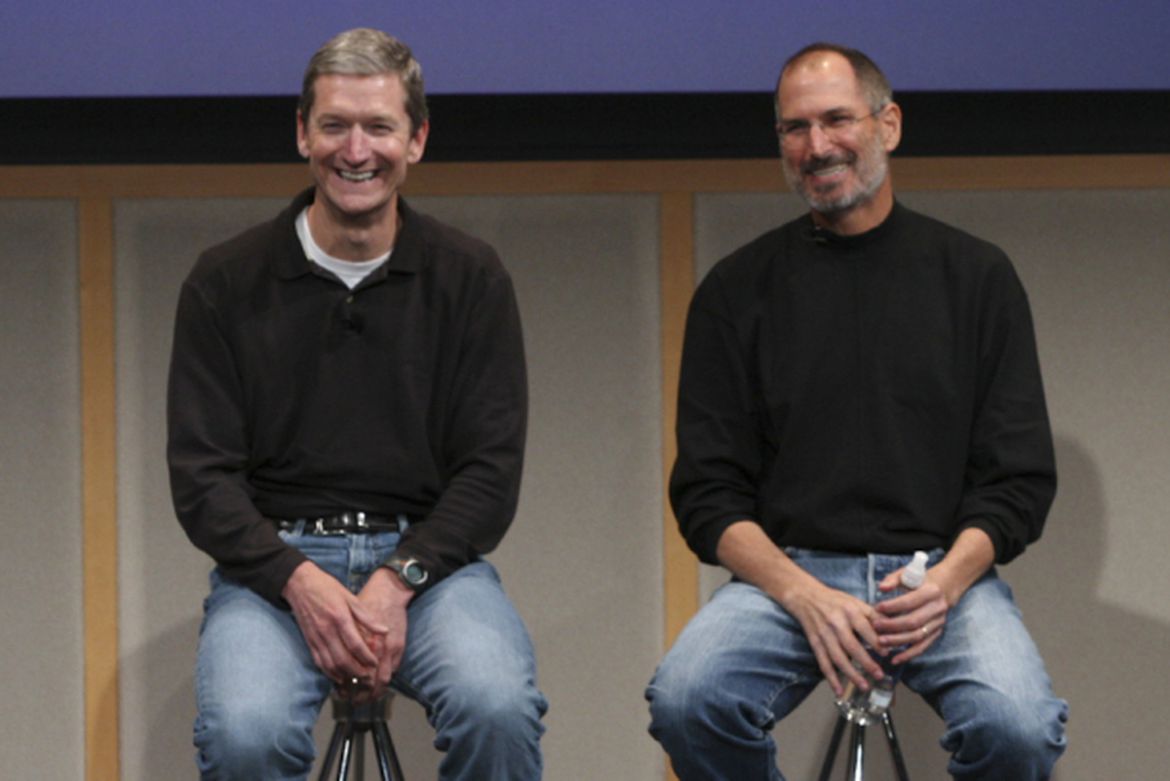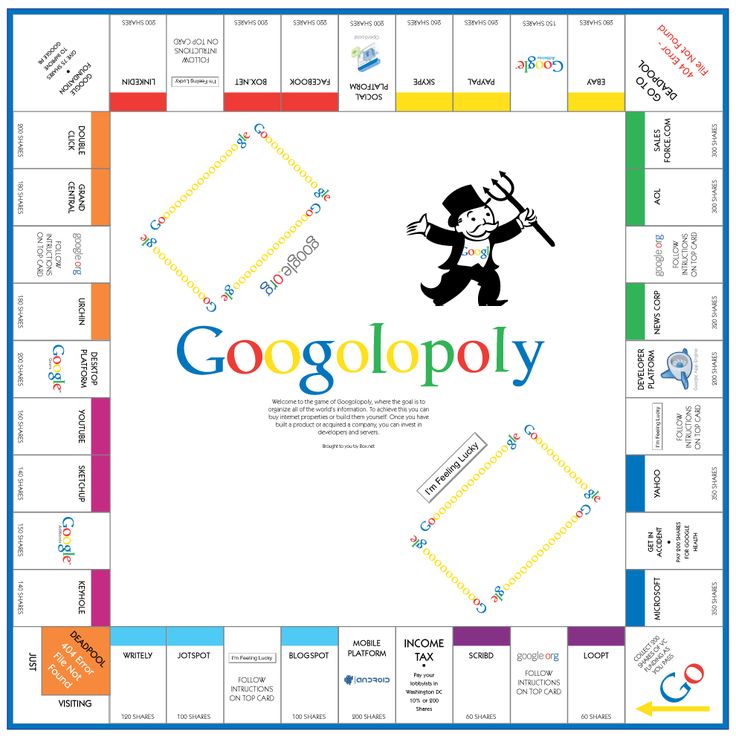Everyone makes mistakes, the saying goes. It’s whether you learn from them that separates the brands that retain your loyalty from the ones you now drive by.
In this context, consider last night’s tweet from KitchenAid that mocked President Obama:
“Obamas gma even knew it was going 2 b bad! ‘She died 3 days b4 he came president’. #nbcpolitics”
Sent from your personal account, where your audience consists of your (like-minded) friends, the tweet would have been par for the live-tweet course: funny and frivolous. However, sent from a corporate channel, the tweet is no longer associated with a person but with a brand—and its products.









